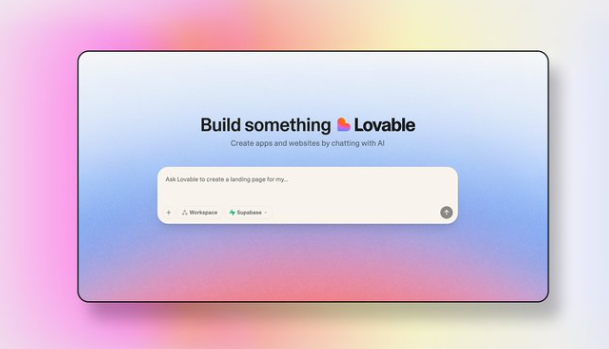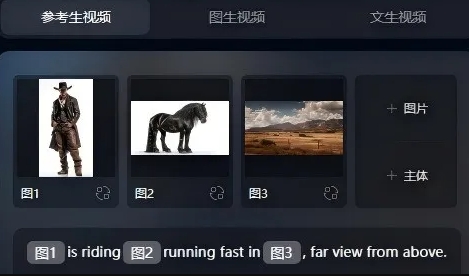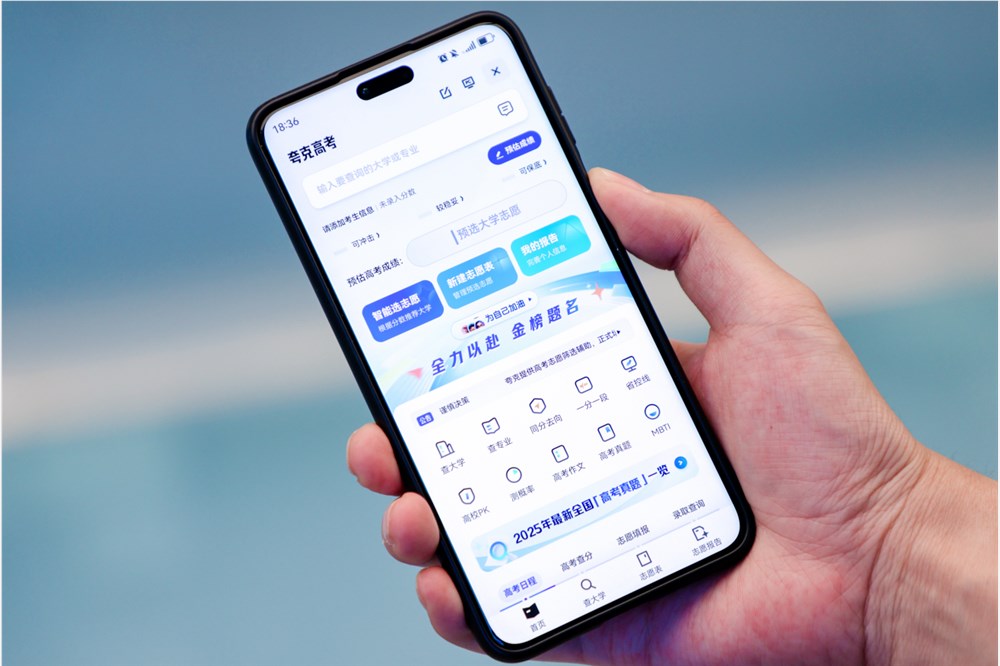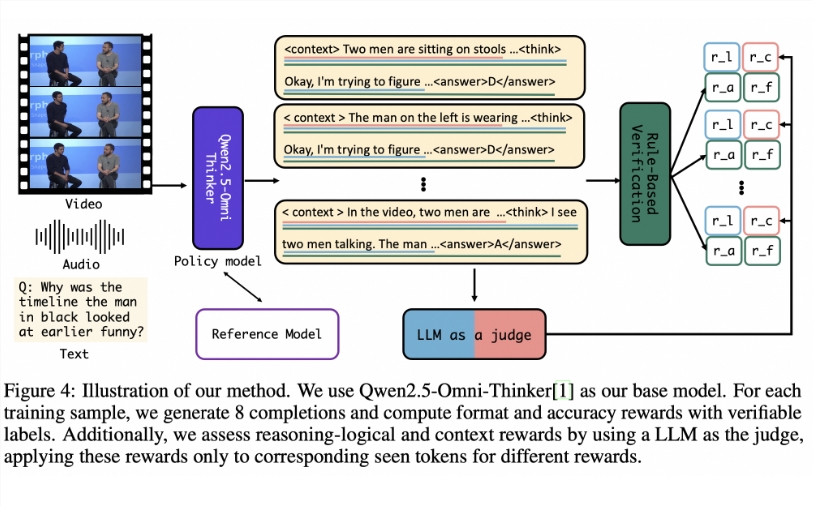Today, as technology continues to advance, "AI-native employees" are quietly emerging, changing our understanding of work. Elena Verna discovered a completely different work model from traditional tech companies just five weeks after joining the startup Lovable. Lovable achieved an annual revenue of $80 million in just seven months with a team of only 35 people, all thanks to the "AI-native" way of working.
In traditional tech companies, projects often require a series of cumbersome processes before they can be launched. First, documents are written, meetings are held, design requests are submitted, and then there is endless waiting before a greatly simplified product is finally released. This process requires a lot of time and manpower, making many ideas difficult to implement.

At Lovable, once an idea is formed, team members immediately use AI to implement it without complicated processes or coordination. Whether building internal tools or developing products, AI helps them act quickly. For example, the team is using their own developed AI tools to build marketing pages, manage projects, and quickly write code. This model greatly improves work efficiency, and communication between team members becomes more efficient.
Additionally, one characteristic of AI-native employees is their youth; they are often recent graduates. This fresh perspective allows them to be free from traditional work cultures and respond quickly and put ideas into practice. At Lovable, everyone can take control of their own projects, enjoying greater autonomy and trust, which significantly increases their speed in innovation and execution.
As companies develop rapidly, Elena predicts that more AI-native employees will emerge in the future, and traditional management will face challenges. Many redundant positions may be cut, especially those that lack professional skills and only handle coordination roles. Ultimately, AI-native employees will become the core force driving innovation and change.






